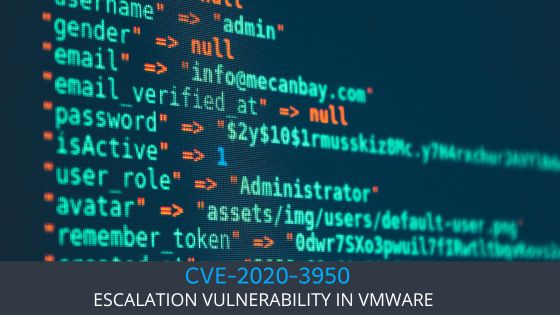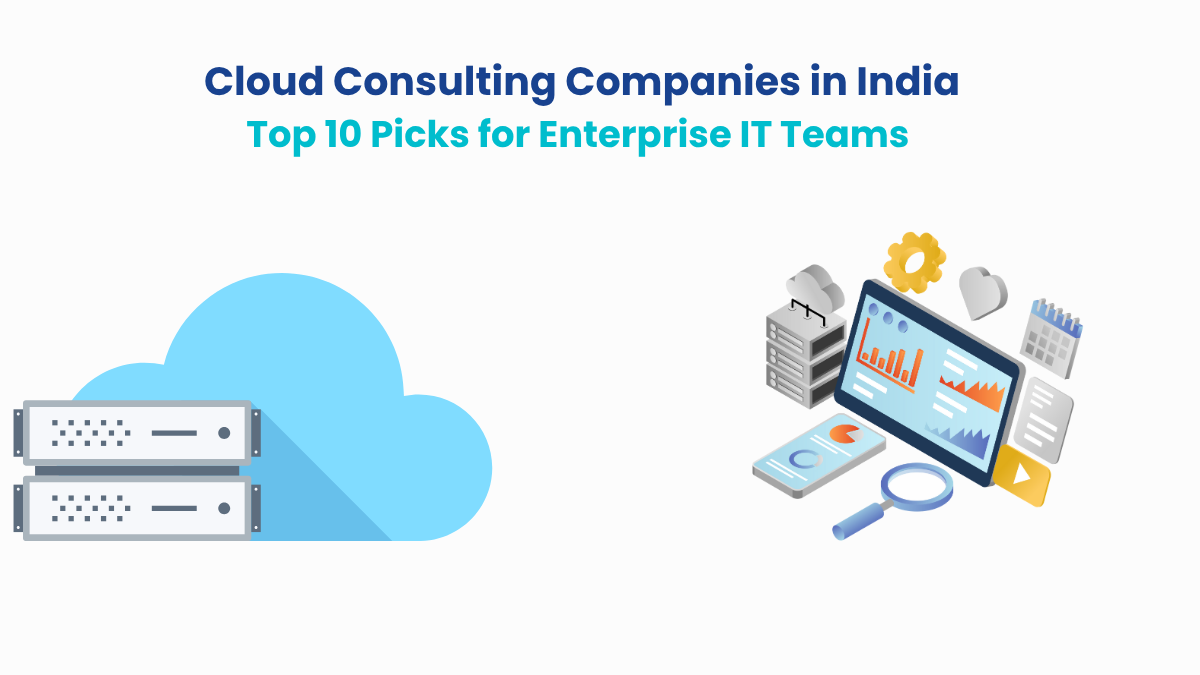Recent analysis has shed light on a critical security vulnerability impacting VMware Fusion, VMware Remote Console (VMRC), and Horizon Client for Mac, identified as CVE-2020-3950. This article explores the nature of this vulnerability, its potential consequences, and the steps required to secure affected systems effectively.
Understanding CVE-2020-3950
CVE-2020-3950 highlights a significant risk within VMware products on macOS, where a flaw related to setuid binaries allows users with standard privileges to potentially escalate their access to root level.
Technical Details of CVE-2020-3950
The National Vulnerability Database rates this issue as HIGH with a CVSS score of 7.8, emphasizing the severity due to its local attack vector and high impact on confidentiality, integrity, and availability.
Root Cause
The core of the vulnerability lies in the improper handling of setuid binaries by VMware Fusion, VMRC, and Horizon Client for Mac. This mismanagement allows normal users to execute commands with elevated privileges.
Potential Impact
Exploitation of this vulnerability can lead to significant security breaches, including:
#1 Unauthorized administrative access to the system.
#2 Potential installation of malicious software or manipulation of critical system files.
#3 Compromise of the entire host system where these applications are installed.
Mitigation Strategies
VMware has addressed this vulnerability by releasing updated versions of the affected software. It is crucial for all users and administrators to:
#1 Apply Patches: VMware has published patches that resolve this vulnerability. Users must update their software to VMware Fusion 11.5.2, VMware Remote Console 11.0.1, or Horizon Client 5.4.0 as applicable.
#2 Review and Restrict: Review system access controls and restrict the use of setuid binaries where possible.
Alternative Actions For those unable to immediately update their systems:
#1 System Monitoring: Increase the monitoring of affected systems for any signs of unauthorized access or abnormal behavior.
#2 Enhanced Access Controls: Apply stricter access controls to limit user actions that can be performed without elevated privileges.
Best Practices for System Security
Keeping software up-to-date is one of the most effective measures to prevent security incidents. Regular patch management policies should be implemented to ensure timely application of security patches.
Secure system configurations are vital. Systems should be configured to minimize unnecessary permissions, especially for applications that interface with the system at a low level, such as VMware products.
Educating users on the risks associated with privilege escalation and the importance of following security best practices can significantly reduce the risk of security vulnerabilities being exploited.
Conclusion
CVE-2020-3950 presents a substantial security challenge for organizations utilizing VMware products on macOS. Addressing this issue through comprehensive patch management and system security reviews is imperative to protect sensitive data and maintain system integrity.
For further guidance and tailored solutions to enhance your cybersecurity posture, connect with Datacipher. Our expertise and proactive approach ensure that your systems are secure against current and future threats.





